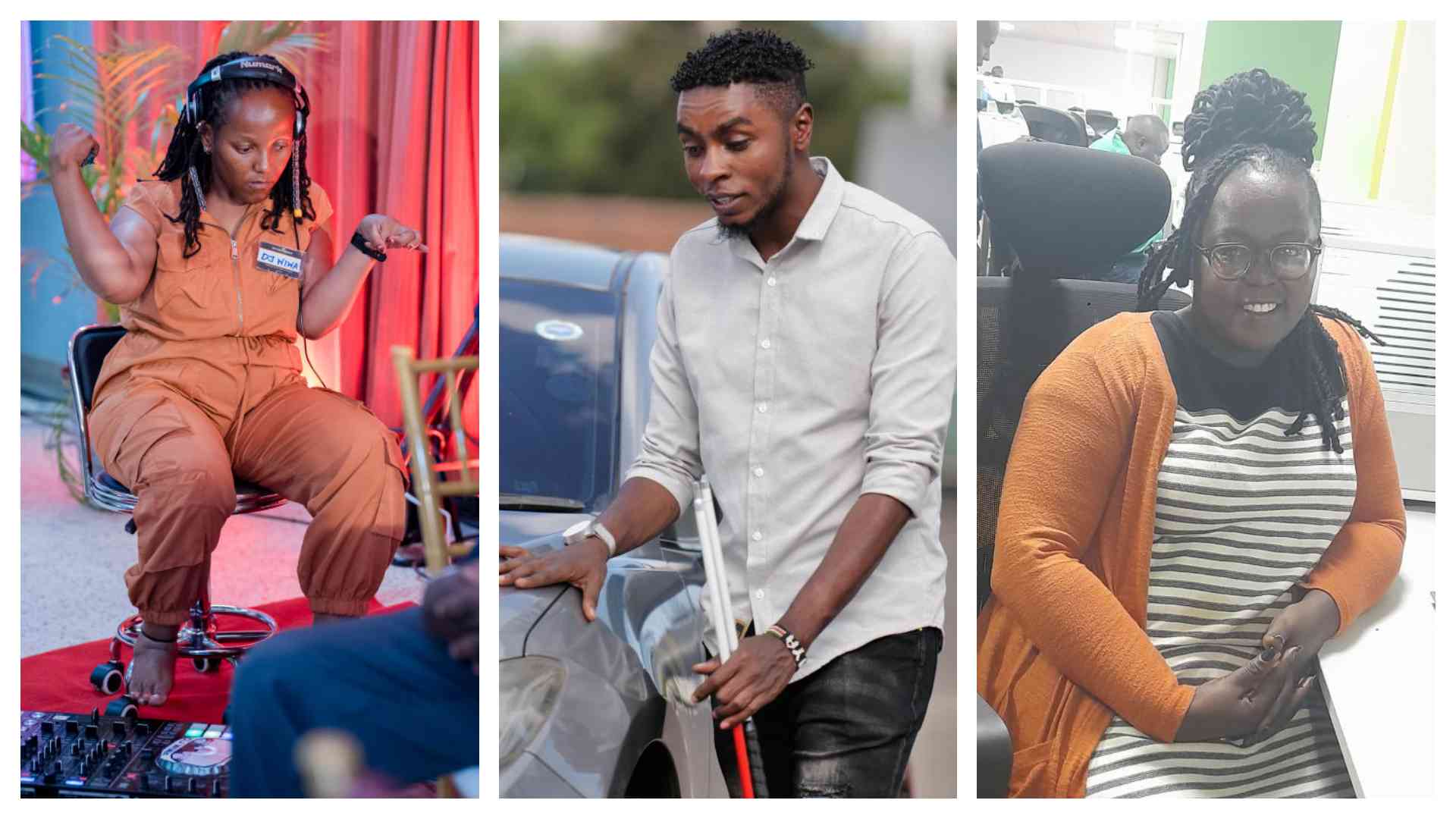By NANJINIA WAMUSWA
[email protected]
KENYA: An empowerment programme that aims to reduce HIV infections among disadvantaged girls and young women in the slums has been launched.
The pilot programme dubbed ‘Bold Ideas for Girls Project’ is set to benefit girls and young women aged 15 to 24 years living in 11 Mukuru slum villages like Kwa Njenga, Kayaba, Lunga Lunga and Kwa Reuben.
HOPE worldwide Kenya (HWWK) Principal Investigative, ‘Bold ideas for Girls’ project coordinator Julius Nguku says majority of girls living in slums are forced into child labour and transactional sex to fend for themselves and their siblings, leading to teen motherhood and HIV infections. Mr Nguku says the programme targets girls because a lot of activities going on in the community benefit boys more than girls.
“Observations made by HWWK during previous HIV prevention activities conducted for the youths in Mukuru slums last year revealed that only 24 per cent of those accessing health-related services were girls, while 76 per cent were boys. It is the reason we resolved to do something to benefit girls,” he says.
Jackline Musenya is one of the beneficiaries of this programmme, which is free of charge. The 17-year-old resident of Mukuru Kwa Njenga quit school in form two at Kilili Secondary School in Makueni for lack of fees after her father died.
She traveled to Nairobi seeking employment to assist her poor mother and siblings over two years ago. She briefly worked as a house help before losing her job. Left without an option, Jackline opted to live with a man, a complete stranger.
“The man offered me accommodation for a prize. I was stranded and out in the cold… After l dropped out of school, l realised coming to Nairobi to work was a solution. Little did l know more challenges awaited,” she narrates.
She was rescued through the Grand Challenges Canada grant worth $100,000 (Sh8.5 million) funded by the government of Canada to support bold ideas with big impact in global health.
When this writer visited Centre of Hope where the project is located Jackline, now two weeks old in the programme, and other girls were busy practising how to plait hair. Jackline, who wanted to be a lawyer, says: “My dream is to get capital and start a salon business after this hair dressing and beauty training.”
Another beneficiary is Martha Kerubo, 16. She got pregnant last year and her father got angry and chased her away from home. Martha who lives with a friend says: “Girls in slums are forced to seek money for upkeep from men of any age, in exchange for sex.”
Vocational and entrepreneurial
Nguku says the programme was initially meant to major in HIV infections, but decided to integrated and involve various vocational and entrepreneurial skills training such as fashion design training, computer skills and hair dressing and beauty skills to increase girls’ chances of employment.
“HIV infection awareness without economic empowerment would not solve the problem. Research has shown there is strong correlation between the low social status of women and the prevalence rate of many communicable diseases especially sexually transmitted ones, including HIV and Aids,” he said.
Stay informed. Subscribe to our newsletter
Kenya Aids Indicator Survey 2012 shows that on sexual behaviour among youths aged 15-24 years, 66 per cent of females and 59 per cent of males had sex at once.
It also shows that women continue to have a higher rate of HIV infection compared to men, with data showing an HIV prevalence of 6.9 per cent for women and 4.4 per cent for men. HWWK Corporate Relations Officer Tabitha Muia says majority of girls and young women rely on men for economic support.
“To stem or reduce this dependency we resolved to give them marketable skills such as hair dressing and beauty, and dressmaking and design which they can easily use to start their own business or get employment,” she said.
The programme will also empower them on health information and services, prevention of teenage pregnancies, gender norms, self-esteem, assertiveness and decision-making.
Nguku says at first it was challenge-making girls and young women see the gains they would reap from the programme. However, the economic empowerment attracted them and now they are joining. On average five girls are joining the programme in a day, that targets 500 by the end of this year.
Girls and young women are being mobilised through social networks, community gatekeepers, youth group leaders, religious institutions and salons in Mukuru slums. Girls already in the programme tell their friends to join. They consult the girls ‘parents and guardians to give consent to join the programme, especially those below 18 years. Miss Muia is optimistic the programme would triumph and be replicated in other slum areas such as Kibera, Mathare and Korogocho.
 The Standard Group Plc is a
multi-media organization with investments in media platforms spanning newspaper
print operations, television, radio broadcasting, digital and online services. The
Standard Group is recognized as a leading multi-media house in Kenya with a key
influence in matters of national and international interest.
The Standard Group Plc is a
multi-media organization with investments in media platforms spanning newspaper
print operations, television, radio broadcasting, digital and online services. The
Standard Group is recognized as a leading multi-media house in Kenya with a key
influence in matters of national and international interest.
 The Standard Group Plc is a
multi-media organization with investments in media platforms spanning newspaper
print operations, television, radio broadcasting, digital and online services. The
Standard Group is recognized as a leading multi-media house in Kenya with a key
influence in matters of national and international interest.
The Standard Group Plc is a
multi-media organization with investments in media platforms spanning newspaper
print operations, television, radio broadcasting, digital and online services. The
Standard Group is recognized as a leading multi-media house in Kenya with a key
influence in matters of national and international interest.








